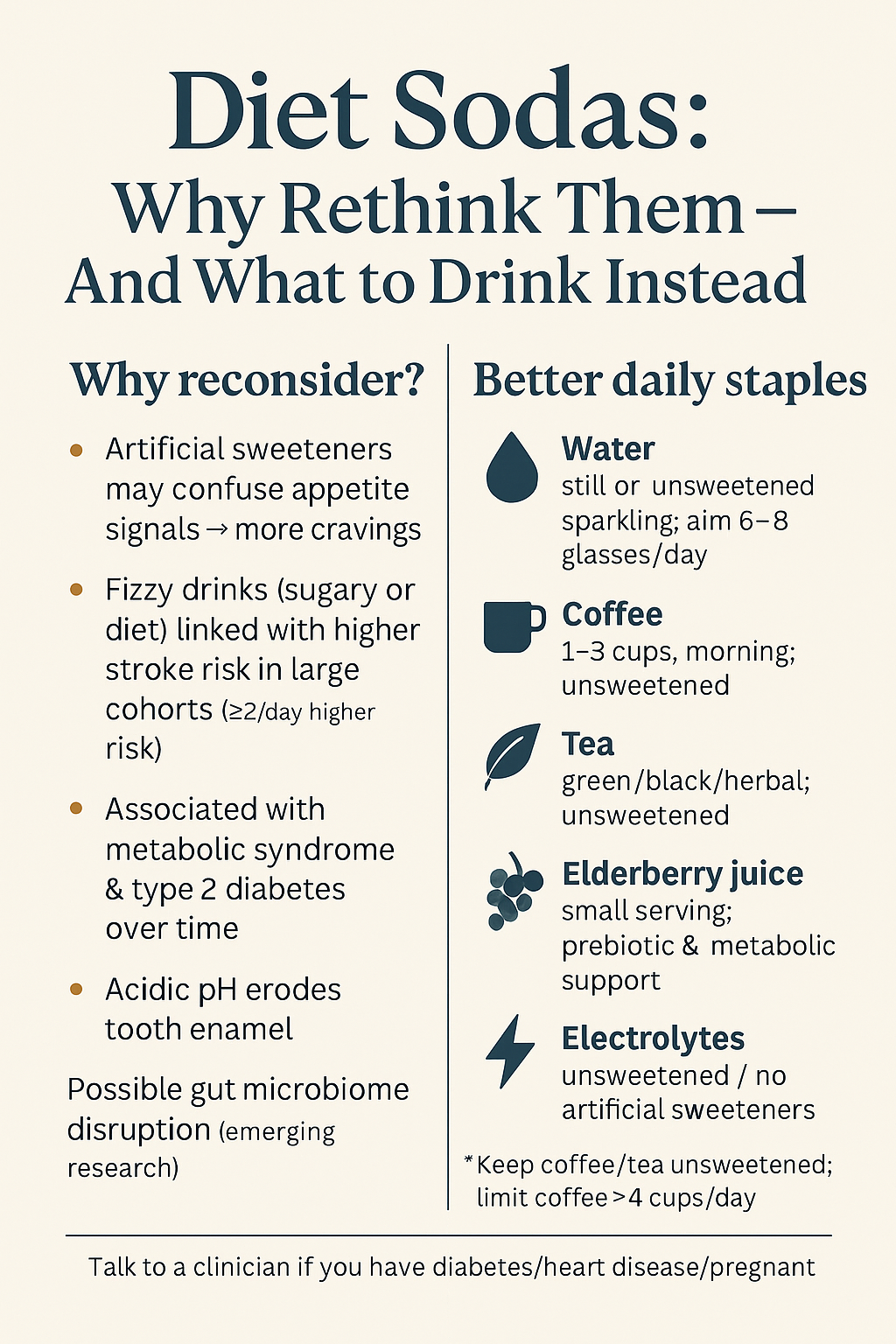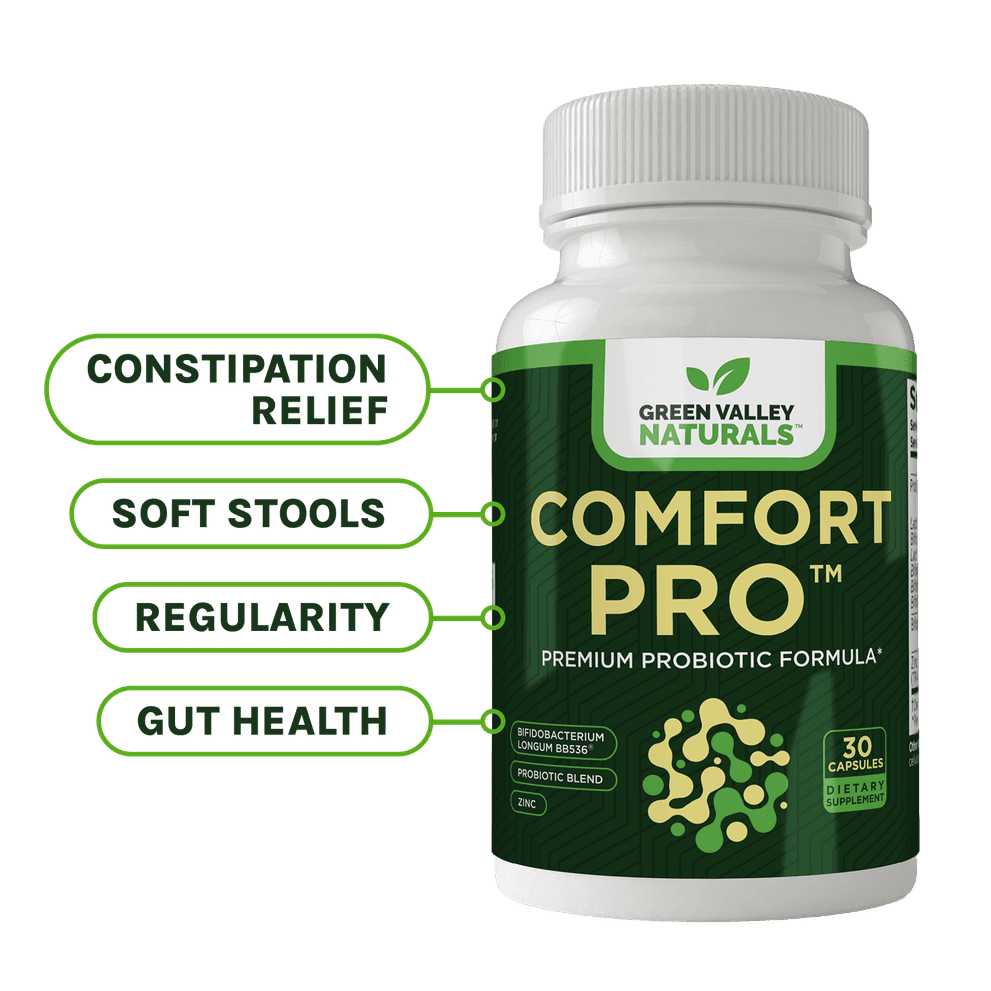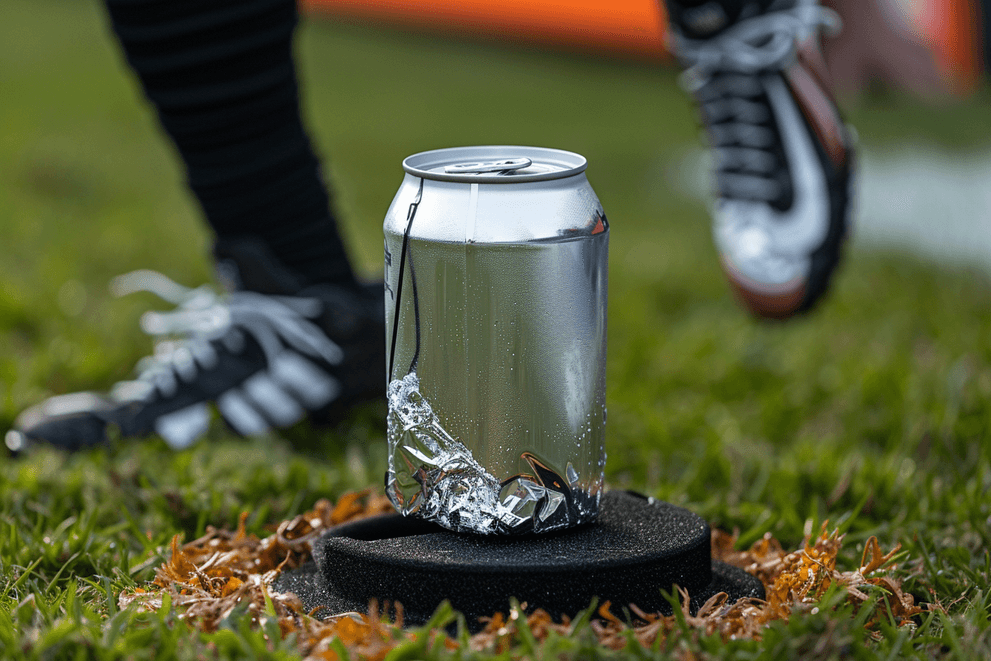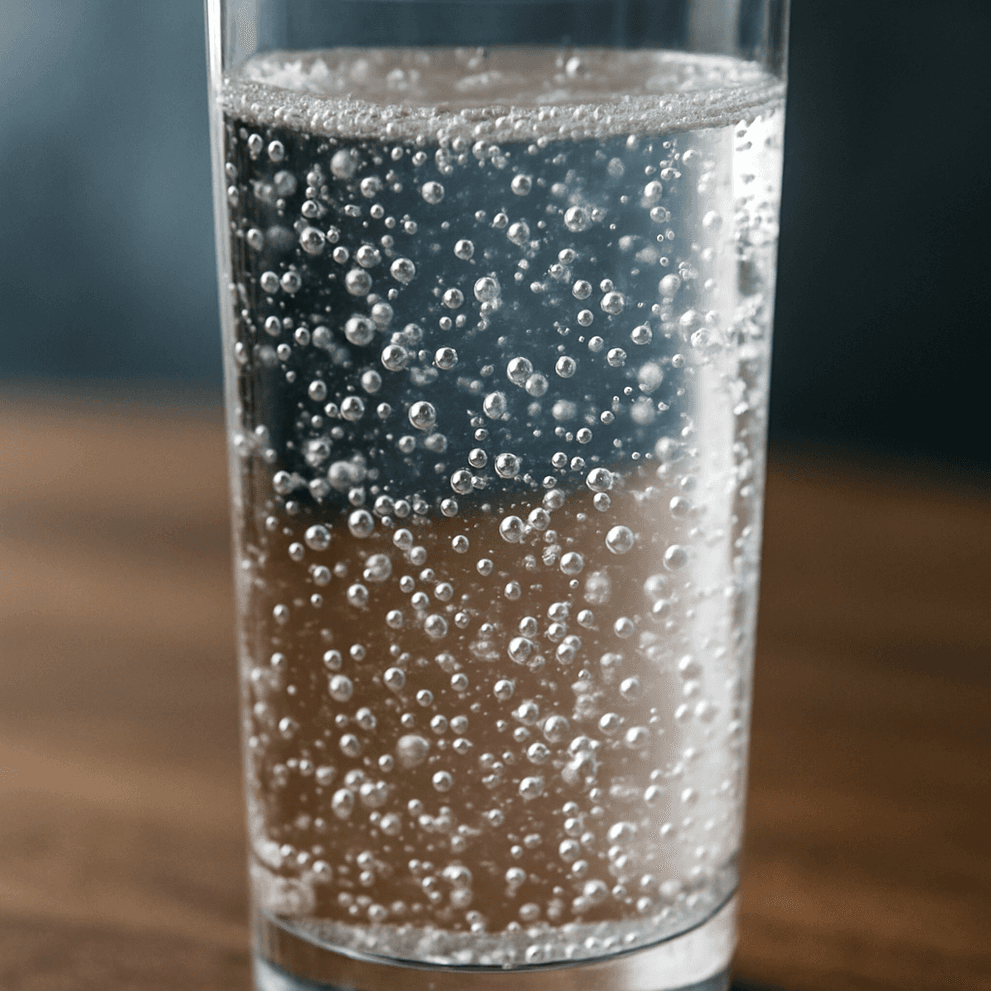
You’ve made the switch from regular soda to diet. You’re proud of yourself—no more sugar crashes, and you’re saving hundreds of calories every day. But what if I told you that your “healthy” choice might not actually be a healthy option at all, and could be putting your health at serious risk?
Recent research has thrown a spotlight on an uncomfortable truth: the beverages we choose throughout the day may be just as important—if not more important—than the food on our plates. And diet sodas, despite their zero-calorie appeal, may actually cause more harm than good, emerging as one of the most deceptive health threats in our modern diet. Here’s the story, and what to drink instead…
Key Takeaways
Choose smart staples: Water, unsweetened coffee/tea, and little-known targeted options like elderberry juice to support metabolism, gut health, and longevity. These are healthy alternatives to diet sodas and sugary drinks.
Ditch the stealth saboteurs: Sugary sodas and many fizzy or processed juices—“regular” or “diet”—are linked to higher risk of diabetes, heart disease, and stroke.
Timing & moderation matter: Morning coffee looks favorable; going heavy (>4 cups/day) or adding sugar undermines benefits.
The Diet Soda Deception: What the Research Really Shows
For decades, the diet soda industry has positioned itself as the solution for health-conscious consumers trying to reduce sugar intake. These products are also commonly referred to as diet drinks, diet beverages, and diet soft drinks. The pitch seems logical enough: all the taste of regular soda with none of the calories or sugar. But mounting scientific evidence reveals a disturbing pattern that contradicts this marketing narrative.
A groundbreaking study performed at Tufts University concluded that sugary drinks are linked to more than 2 million new cases of diabetes and more than a million cases of heart disease every year around the world. However, higher soda intake—including diet sodas—has been associated with greater risk of metabolic syndrome and type 2 diabetes. But here’s the twist that catches most people off guard: research increasingly shows that diet sodas aren’t the safe alternative we’ve been led to believe.
Researcher Laura Lara-Castor warns, “We need urgent, evidence-based interventions to curb consumption of sugar-sweetened beverages globally, before even more lives are shortened by their effects on diabetes and heart disease.” What many don’t realize is that this warning extends to artificially sweetened beverages as well, which contain artificial sweetener and sugar substitutes such as aspartame and sucralose, but lack any nutritional value.
Problem #1: Artificial Sweeteners Confuse Your Brain
Artificial sweeteners like aspartame, sucralose, and acesulfame potassium have become ubiquitous in diet sodas. By the way, acesulfame potassium (Ace-K, E950), may be new to you. It's a zero-calorie, high-intensity sweetener used in many “diet” or sugar-free foods and drinks. It’s about 200× sweeter than sugar, heat-stable (so it works in baking and shelf-stable products), and is often blended with sucralose or aspartame to smooth out aftertaste.
Each of these synthetic compounds promises sweetness without consequences, but your body—and particularly your brain—isn't easily fooled.
The World Health Organization (WHO) has issued warnings about the potential health risks of artificial sweeteners, including their impact on gut health and insulin resistance. The American Diabetes Association has echoed these concerns, particularly regarding blood sugar control and weight management. These aren't fringe voices—they're respected health authorities raising red flags based on accumulating evidence.
Here's the paradox that researchers have uncovered: artificial sweeteners can trigger cravings for sweet foods and drinks, leading to overconsumption and weight gain. Your brain registers the sweet taste and prepares your body for an incoming calorie load. When those calories never arrive, it creates a metabolic confusion that can actually increase hunger and drive you toward more caloric foods later. The zero-calorie promise becomes a cruel joke as your body compensates by seeking those missing calories elsewhere.
Problem #2: The Fizz Factor-- When Bubbles Become Trouble
A comprehensive study at the University of Galway in cooperation with McMaster University examined approximately 27,000 people across 27 countries and uncovered an alarming pattern. Frequently consuming fizzy drinks—whether sugar-sweetened or artificially sweetened—increases your risk of stroke by 22%. This includes beverages labeled "diet" or "zero sugar."
The research found that consuming two or more of these carbonated beverages daily pushes stroke risk even higher. This isn't about sugar alone; it's about the entire beverage category. The carbonation, acidity, and artificial additives create a perfect storm for cardiovascular problems.
The Hidden Health Consequences You Need to Know
The health impacts of regular diet soda consumption extend far beyond weight management concerns:
Metabolic Syndrome: Despite having zero calories, diet sodas are linked to metabolic syndrome—a cluster of conditions including high blood pressure, elevated blood sugar, excess body fat around the waist, and abnormal cholesterol levels. This constellation of symptoms dramatically increases your risk of heart disease, stroke, and type 2 diabetes.
Type-2 Diabetes: Ironically, the very beverage people drink to avoid diabetes may actually contribute to developing it. The artificial sweeteners can alter your body's insulin response and glucose metabolism, potentially increasing diabetes risk over time.
Cardiovascular Disease: Diet soda consumption has been linked to increased risk of heart attack, stroke, and other cardiovascular problems. The mechanisms aren't entirely clear, but the associations are consistent across multiple studies.
Dental Damage: The acidity in diet sodas can erode tooth enamel, leading to tooth decay and other dental health problems. Just because a drink lacks sugar doesn't mean it won't damage your teeth.
Gut Health Disruption: Emerging research suggests that artificial sweeteners can alter the composition of your gut microbiome—the trillions of beneficial bacteria that play crucial roles in digestion, immunity, and even mental health.

How Diet Sodas Affect Your Body Weight
For many people, reaching for a diet soda seems like a smart move to cut calories and manage weight. After all, if you’re swapping out regular soda for a zero-calorie option, shouldn’t the pounds start to drop? Unfortunately, the reality is far more complicated—and less encouraging.
Emerging research shows that drinking diet soda may actually work against your weight loss goals. While diet sodas are marketed as a calorie-free way to satisfy your sweet tooth, the artificial sweeteners found in these drinks can have unintended effects on your body’s natural hunger and satiety signals. Instead of helping you maintain or lose weight, consuming diet sodas can trigger cravings for high-calorie foods, making it harder to resist snacks and sweets later in the day.
One of the key problems is that artificial sweeteners can disrupt your body’s ability to accurately estimate energy intake. When you drink diet soda, your brain expects a calorie load that never arrives. This mismatch can lead to increased appetite and a tendency to overeat, as your body tries to make up for the missing energy. Over time, this pattern can contribute to weight gain—even though you’re technically consuming fewer calories with each soda.
Studies have also linked regular diet soda consumption to a higher risk of developing metabolic syndrome, a cluster of conditions that includes increased body fat, high blood pressure, and abnormal cholesterol levels. These changes not only make it harder to maintain a healthy weight, but also raise your risk for serious health issues like heart disease and type 2 diabetes.
In short, while diet sodas may seem like a harmless or even helpful part of a weight-conscious diet, the evidence suggests they can actually undermine your efforts. The relationship between diet sodas and body weight is complex, but it’s clear that relying on artificially sweetened beverages is not the shortcut to better health that many hope for. If you’re looking to manage your weight and support your overall wellbeing, it may be time to rethink your soda habit.
Breaking the Soda Habit: Why It's Harder Than You Think
The diet soda industry has been remarkably successful at creating loyal consumers. But what many people discover is that their "habit" is actually closer to an addiction. The combination of artificial sweetness, caffeine, and the ritual of drinking soda creates powerful behavioral patterns that can be surprisingly difficult to break.
Consuming diet soda regularly can lead to overconsumption and psychological dependence. You may find yourself reaching for a diet soda multiple times throughout the day, not because you're thirsty, but because your brain has been conditioned to crave that sweet, fizzy sensation. Breaking this cycle requires acknowledging that even though diet sodas contain no addictive substances in the traditional sense, the behavioral pattern and taste preferences they create can be just as challenging to overcome.
What to Drink Instead: These Beverages Actually Support Your Health
The good news? Research consistently shows that several common beverages actually contribute to better health and longer life—no artificial ingredients required.
Coffee: Your Morning Longevity Boost
Research at Tulane University examining more than 40,000 people found that drinking coffee in the morning increases life expectancy. Study participants who drank their coffee in the A.M. lived longer than non-coffee drinkers and even longer than those who drank coffee throughout the entire day.
"Our findings indicate that it's not just whether you drink coffee or how much you drink, but the time of day when you drink coffee that's important," says researcher Lu Qi, MD, PhD. "We don't typically give advice about timing in our dietary guidance, but perhaps we should be thinking about this in the future."
The key is moderation—the same University of Galway study that warned about fizzy drinks found that consuming more than four cups of coffee daily increases stroke risk. But one to three cups, particularly in the morning, appears to support health rather than harm it. And you'll get bonus health benefits if you choose organic coffee over coffee made from conventionally grown beans.
Tea: Ancient Wisdom Meets Modern Science
Both green and black tea are linked to better health outcomes when consumed without added sugar. These beverages provide beneficial antioxidants called polyphenols that support cardiovascular health, metabolic function, and may even protect against cognitive decline.
Elderberry Juice: The Metabolic Game-Changer
University of Washington research revealed that just one week of drinking elderberry juice can improve healthy probiotic bacteria in your digestive tract, lower blood sugar by 24%, boost insulin response, and improve your body's ability to burn fat.
"Food is medicine, and science is catching up to that popular wisdom," says researcher Patrick Solverson, PhD. "This study contributes to a growing body of evidence that elderberry, which has been used as a folk remedy for centuries, has numerous benefits for metabolic as well as prebiotic health."
Water: The Underrated Champion
Plain water remains the gold standard for hydration. The World Health Organization recommends drinking at least eight glasses daily to stay healthy and reduce chronic disease risk. If plain water feels too boring, try:
Sparkling water (unsweetened)—provides the fizz without the health risks
Water infused with fresh fruit—adds natural flavor without sweeteners
Herbal tea(hot or iced)—variety without calories or artificial ingredients
Electrolyte infused beverages-- again look for drinks without added sweeteners or artificial flavors
Making the Switch: A Practical Action Plan
If you're ready to break free from diet soda, here's a realistic approach that acknowledges this won't happen overnight:
Week 1-2: Awareness and Reduction Track exactly how many diet sodas you consume daily. Cut that number in half by replacing every other diet soda with sparkling water, unsweetened tea, or plain water.
Week 3-4: Flavor Transition Experiment with naturally flavored alternatives. Add lemon, lime, cucumber, or fresh berries to water. Try unsweetened iced tea with a splash of fruit juice for natural sweetness.
Week 5-6: Taste Bud Recalibration Your taste buds will start adjusting to less-sweet beverages. What once tasted bland may now taste refreshing. This is a sign of progress, not deprivation.
Ongoing: New Habits Replace the diet soda ritual with new healthy habits. Morning coffee instead of diet soda at breakfast. Sparkling water instead of diet soda with lunch. Herbal tea instead of diet soda in the evening.
The Bottom Line: Your Beverage Choices Matter More Than You Think
The evidence is clear: diet sodas are not the innocent alternative the industry has marketed them to be. While they may contain zero calories, they carry genuine health risks that can undermine your wellbeing in ways that extend far beyond weight management.
Researchers now believe that what people drink during the day may be responsible for improving health or causing alarming amounts of death, suffering, and disease. This isn't hyperbole—it's a conclusion drawn from extensive research across multiple populations and countries.
Weaning yourself off diet sodas is essential for better health. While it may feel challenging initially, your taste buds will adjust. Your body will adapt. And eventually, you'll find that you're content—even happier—with beverages that actually support your health rather than undermine it.
The choice is yours: continue with the artificial sweetness and hidden health risks, or embrace beverages that science shows actually contribute to longer, healthier lives. Your body will thank you for choosing wisely.
Summary
Your daily beverages can meaningfully help—or harm—health. Morning coffee is linked with longer life expectancy versus drinking coffee throughout the day, while elderberry juice (just one week) may improve your gut microbiome, insulin response, blood sugar, and fat-burning. On the danger list: sugar-sweetened beverages, which researchers tie to millions of new diabetes and heart-disease cases annually, and fizzy drinks/processed fruit juices (including “diet/zero”) that correlate with higher stroke risk—especially at two or more a day. Keep coffee and tea unsweetened and moderate (excess coffee over ~4 cups/day may raise stroke risk), embrace water as your baseline, and ditch routine sugary or artificially sweetened soft drinks.
Frequently Asked Questions
Are diet sodas bad for you?
The short answer is yes. They’re linked with higher stroke risk in large cohorts, similar to sugary sodas—especially at ≥2/day. Better to choose water, coffee, or tea without sugar.
Is morning coffee really better than coffee all day?
Studies suggest life-expectancy benefits are strongest with morning coffee, not continuous intake. Keep it unsweetened and moderate.
Does elderberry juice do more than support immunity?
Yes—research shows one week may improve gut bacteria, insulin response, blood sugar, and fat-burning.
Are “diet” or “zero” sodas safe?
They’re linked with higher stroke risk in large cohorts, similar to sugary sodas—especially at ≥2/day. Better to choose water, coffee, or tea without sugar.
Is fruit juice okay?
Whole fruit beats juice. Many bottled juices behave like sugary drinks metabolically and have been tied to higher stroke risk when consumed frequently.
How much coffee or tea is sensible?
Moderate intake is fine for most adults; very high coffee (>4 cups/day) may raise stroke risk. Keep both unsweetened to avoid undoing benefits.
Sapir, A., et al. (2022). Artificially Sweetened Beverages Beyond the Metabolic Risks: A Review of Current Evidence.Nutrients, 14(23), 5062.
Kato, T., et al. (2023).Review: Artificially Sweetened Beverages and Health Outcomes. Current Problems in Cardiology, 48(12), 101508.
Gibbons, A. (2025).Diet soda might be making you hungrier.National Geographic.
Ajmera, R. (2024). 8 Potential Side Effects of Consuming Too Much Diet Soda. Healthline.
The Double-Edged Sword of Artificial Sweeteners.AJMC. (2025, September 28).



